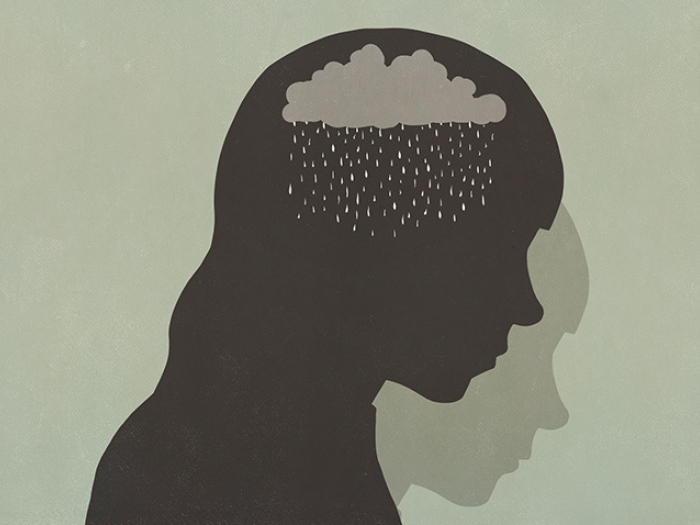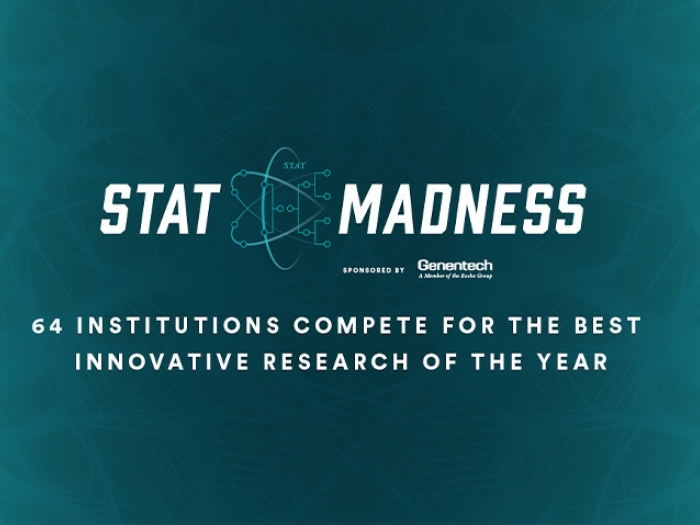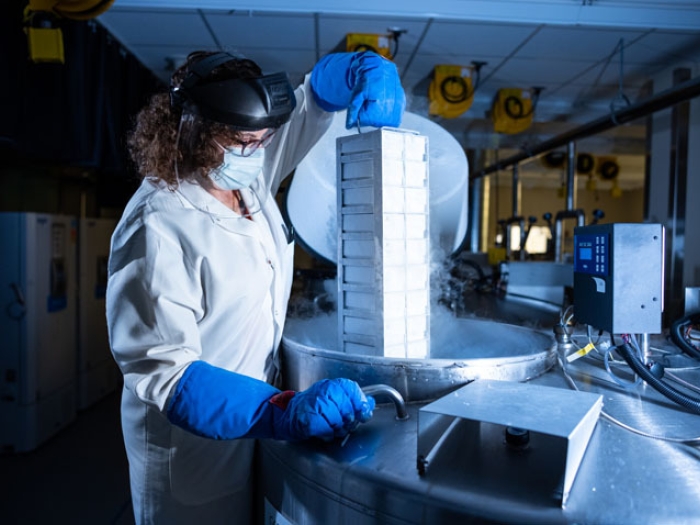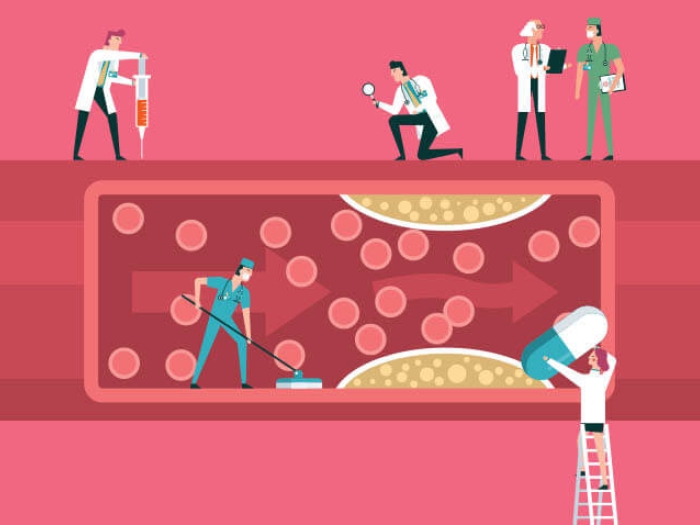Watch four Michigan Medicine experts discuss the role of fundamental science in ending the COVID-19 pandemic.
3:52 PM
Author |
Ending the COVID-19 pandemic requires understanding as much as we can about the virus behind the disease, as well as the science behind its various effects on the body.
In a recent livestream, four of Michigan Medicine's basic science researchers described ongoing efforts to answer fundamental questions about the novel coronavirus, SARS-CoV-2.
Researchers at U-M are using this knowledge to inform the development of new treatments, to discover existing drugs that might be repurposed to fight this novel virus, to produce vaccines to stop the pandemic and prevent infection, and to tackle other infectious disease threats, both current and emerging.
Featured experts include:
-
Bethany Moore, Professor of Microbiology and Immunology and Internal Medicine, who touched on the contributions of basic scientists to develop a better understanding of the biology and treatments for SARS-CoV-2 and other infectious diseases (3:28).
-
Jonny Sexton, Assistant Professor of Internal Medicine, Division of Gastroenterology and Hepatology and Director of the U-M Center for Drug Repurposing, discussed drug repurposing for COVID19 (13:30).
-
John Traynor, Edward F. Domino Research Professor, Professor of Pharmacology in the U-M Medical School, Professor of Medicinal Chemistry, College of Pharmacy, discussed studies using a novel virtual screening method to identify drug targets in the SARS-CoV-2 virus and to examine FDA-approved drugs for interactions with these targets as potential treatments for COVID 19 (22:57).
-
Adam Lauring, Associate Professor, Division of Infectious Diseases and the Department of Microbiology and Immunology, explained the basic science behind COVID-19 vaccines (33:33).

Explore a variety of healthcare news & stories by visiting the Health Lab home page for more articles.

Department of Communication at Michigan Medicine
Want top health & research news weekly? Sign up for Health Lab’s newsletters today!





